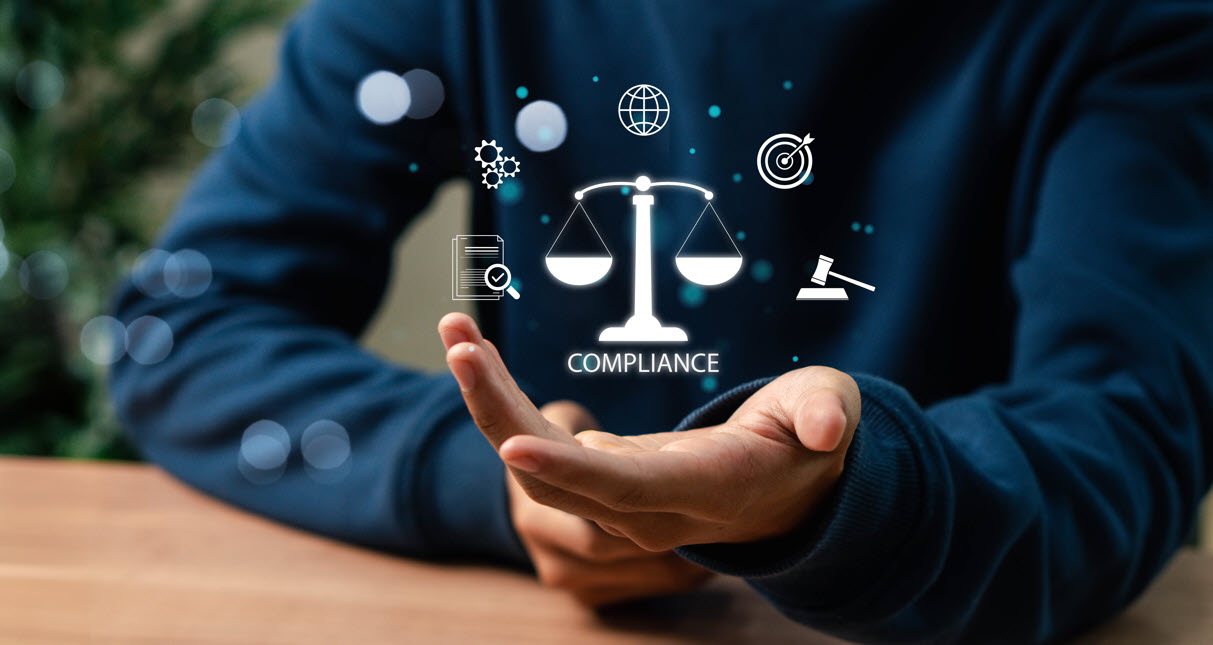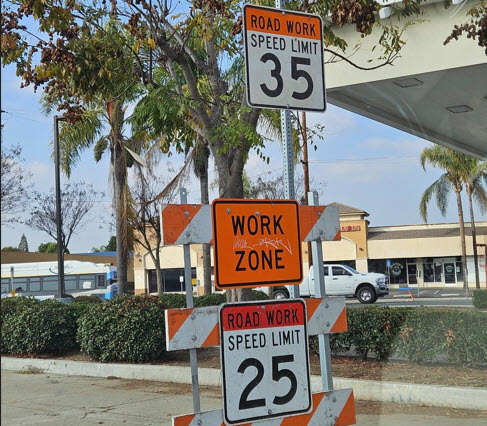Managing a team of 10 people can feel like herding cats—so imagine the complexity of overseeing more than 400 repossession agents. Ensuring compliance, efficiency, and accountability at this scale requires more than just good intentions. It demands strategic oversight, the right tools, and full collaboration between creditors, national forwarders, and agents.
But who ultimately holds the key to compliance? The answer is clear: creditors.
While national repossession forwarders play a vital role in managing agents, creditors are ultimately responsible for ensuring compliance across the entire chain of relationships. Problems arise when creditors assume that third parties (like forwarders) will automatically ensure fourth-party compliance. This hands-off approach exposes creditors to operational, regulatory, and reputational risks.
Let’s dive deeper into how creditors can strengthen compliance and mitigate risks in the repossession industry.
The Complex Compliance Landscape
The repossession industry operates under a maze of regulations, from Article 9 of the Uniform Commercial Code (UCC) to specific state and municipal laws. For example:
- Georgia requires agents to send personal property letters.
- Florence, Kentucky it is unlawful to repossess a motor vehicle until the Florence Police Department and the Boone Public Safety Communications Center (PSCC) are notified of the intention to repossess the vehicle.
These laws aren’t merely guidelines—they are legal mandates that creditors must ensure are followed at every level of their repossession operations.
What Is at Stake?
Failure to manage compliance doesn’t just result in fines or lawsuits; it can damage a creditor’s reputation and relationships with regulators. More importantly, it can erode customer trust, particularly in an era where consumers are increasingly sensitive to ethical business practices.
4 Steps Creditors Should Take to Ensure Compliance
To mitigate fourth-party risks and strengthen oversight, creditors need to adopt a more hands-on approach. Here’s how:
-
Understand State and Local Regulations – Every state has unique repossession laws. Creditors must familiarize themselves with these laws to ensure their agents and forwarders are adhering to them. For example, if a repossession occurs in Georgia, are personal property letters being sent as required?
-
Evaluate the National Forwarder’s Vendor Management Program – National forwarders act as the link between creditors and repossession agents. However, not all forwarders operate at the same level of rigor. Creditors should review their forwarder’s vendor management program to ensure it includes:
-
Comprehensive background checks on agents.
-
-
- Regular training on compliance standards.
-
- Clearly documented policies and procedures.
- Demand Testing and Controls – To ensure compliance, national forwarders must conduct and document regular testing of their agents. Creditors should proactively request evidence of these tests and carefully review the results to confirm that standards are consistently being met. It’s also essential to review any client-specific requirements and verify that the forwarder has appropriate tests and controls in place to meet those needs. For instance, if you have specific requirements related to personal property fees, investigate how the national forwarder ensures compliance. If their response is simply “It’s in the contract,” this could be a red flag indicating a lack of proper oversight. Strong controls and documented testing are critical to maintaining trust and accountability.
- Implement Continuous Monitoring-Conduct Your Own Reviews – Compliance is not a “set-it-and-forget-it” process. Continuous monitoring is key to ensuring that all parties remain aligned with established standards. Utilize tools such as real-time reporting, site visits, and regular audits to maintain visibility and catch potential issues early. As a creditor, don’t rely solely on the national forwarder’s monitoring systems—take the initiative to review a sample of their processes yourself. This proactive approach will help safeguard your operations and maintain compliance at all levels of the supply chain.
The Takeaway
In an industry reliant on complex third- and fourth-party relationships, creditors cannot afford a “set-it-and-forget-it” approach. Compliance isn’t just a contractual obligation; it’s a proactive, ongoing process that requires vigilance at every level.
By extending oversight to fourth parties—such as repossession agents—creditors can protect themselves from regulatory fallout, operational disruptions, and reputational damage. The key lies in fostering accountability, visibility, and collaboration across the entire supply chain.
In the end, compliance is a shared responsibility—but it starts with the creditor.

Author: Bev Evancic
Bev.Evancic@ResourceManagement.com

Bev Evancic is a Senior Vice President at Resource Management Services, Inc. Prior to employment at RMS, Bev worked as the Collection and Recovery Manager at AT&T Universal Card, Citi, and Federated Department Stores. Bev started in the collection industry as a collector at an upscale clothing store in Cincinnati, Ohio. As a returned check and private label credit card collector, Bev gained a basic understanding of the collection industry that has not changed with the introduction of regulations. Her collection philosophy begins with the idea that businesses and customers benefit from preserving the customer relationship. First, collectors need to attempt to contact customers when it is convenient for the customer to discuss his/her financial condition and willingness/ability to pay. Second, you never collect money by intimidating or threatening customers. Third, businesses must make sure the debt is valid.
She has managed all phases of collection and recovery operations, including automated dialer units, bankruptcy, and legal units, skip tracing units, internal collections, outside collection agency networks, and Consumer Credit Counseling. As a Consultant for Resource Management Services, Inc., Bev has spearheaded collection and recovery best practices reviews for many top credit grantors. Her articles on dialer operations, agency management and bankruptcy best practices have been widely publicized.
She is well known and regarded as a specialty expert in the areas of: Repossession, Bankruptcy, Estate, Litigation, as well as Pre- and Post- Charge-off. Prior to joining Resource Management Services, Inc. in 1995, Bev managed the Recovery Department for AT&T Universal Card Services where she developed the bankruptcy, probate, internal and litigation processes.
She is the author of “Recovery Management: Collecting the Uncollectible Account.”
Sign Up for the Twice Monthly Newsletter
Just enter your email address at the top orange bar at:
Collection Compliance Experts – “The Power of Expertise: Oversight Perfected”
It’s that easy! Twice a month – we provide blog updates and Resources for the Collection and Industry Professional.
Your email is just for this newsletter. We never sell your information. No fee. Opt-out at any time.





